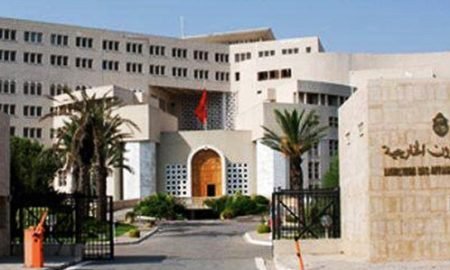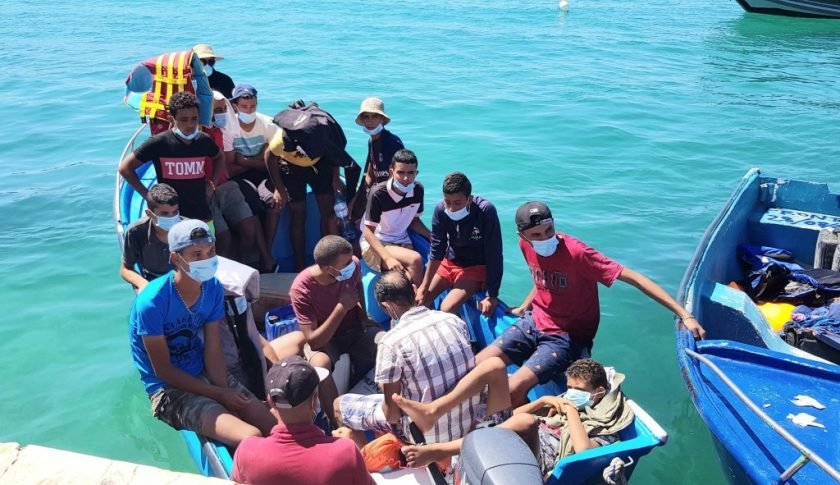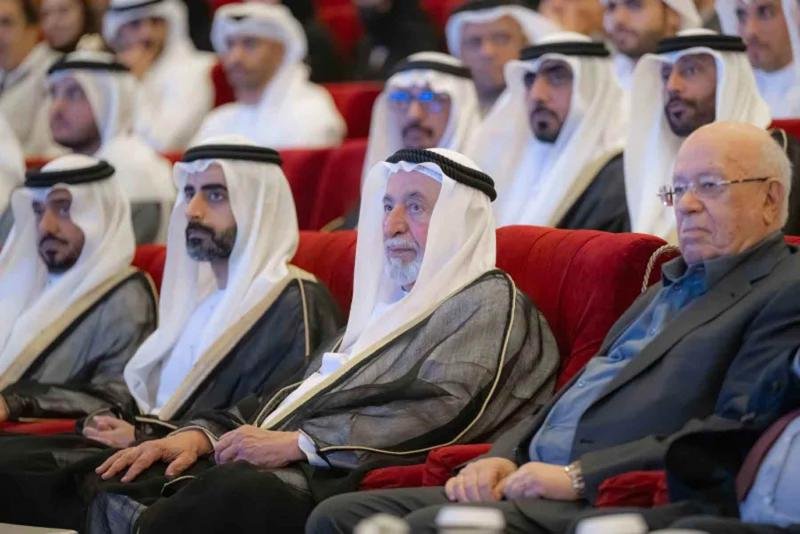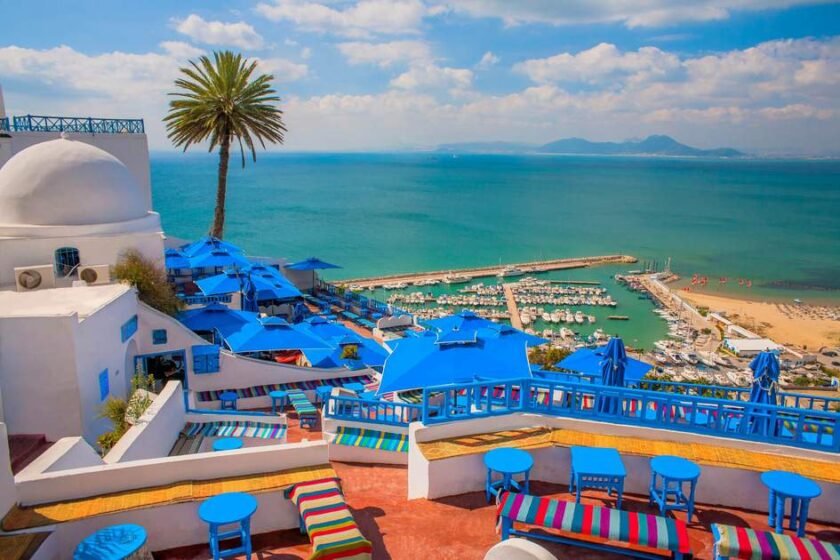Tunisia, Libya, and Algeria are set to convene a second joint taskforce meeting to align their positions and implement common measures to curb irregular migration, Foreign Minister Mohamed Ali Nafti announced.
The minister, speaking during a parliamentary session on the 2026 state budget, also revealed that a new development project is being prepared for the key Ras Jedir border crossing with Libya, coordinated with the Common Market for Eastern and Southern Africa (COMESA).
Nafti outlined a broader vision for the border region, stating the goal is to transform Ras Jedir into an integrated economic zone. This forms part of a wider push to deepen cooperation with Libya by strengthening economic and commercial ties and facilitating the movement of goods and travellers.
A Firm Stance on Migration
In a declaration to members of parliament, Nafti reiterated the government’s position on migration.
“Tunisia will not be a land for settling migrants,” he stated, emphasizing the country’s refusal to become a transit point, settlement area, or disembarkation zone.
Despite this firm stance, the minister affirmed Tunisia’s commitment to human rights, describing migrants as “victims of economic hardship and human-trafficking networks.” He noted that Tunisia is increasing its financial contribution to the International Organization for Migration (IOM) to expand voluntary return programmes, which have already facilitated the return of over 19,000 migrants to their home countries as of October.
Accelerating Economic Integration with Libya
The foreign minister’s comments come amid rapidly accelerating economic coordination between Tunisia and Libya.
The push for deeper integration was further evidenced on October 21, when the two nations held a joint meeting focused on investment, trade, and promoting national products. During the meeting, Libya’s Minister of Economy, Mohamed al-Hweij, reaffirmed Tripoli’s commitment to deeper economic integration and joint access to African markets.
TunisianMonitorOnline (NejiMed)




